Parvéz Dewân can send you to sleep about Jammu, Kashmir and Ladakh. If anyone has the Ultimate Dossier on this region, it is he, after years of running about India's northernmost state, administering and adventuring his way around its valleys, peaks and rivers. During the first posting of his career Parvez revived the famous Basohli School of miniature painting, in the face of cynical predictions that the art that had vanished in 1856 could never come back. This success led him on a quest to determine if Kashmir had ever had its own tradition of miniatures. Working on weekends over two years he found more than a thousand miniatures painted in Kashmir, the oldest surviving paper-painting dating to AD 1430 and the last to the early 1900s. Parvez created the Ladakh Festival in 1993. A militant organisation threatened to kill every employee of the state Tourism department who worked on that festival. So, Parvez organised the festival with the help of two employees from outside, himself playing bus conductor and tour operator to the visiting media team. The Festival is now an established institution. Five years later, well before American Idol went on the air, Parvez conceived the All India Devotional Songs Competition at Katra. It has gone on to give unknown singers a springboard for lucrative careers (including in Indian cinema), has become financially self-sustaining and has spawned countless imitations. As the head of the Jammu district administration Parvez had to act against powerful people who claimed to be Gujjars in order to benefit from affirmative action meant for that nomadic tribe. This made him undertake self-financed research about who the Gujjjars really were, which included going to Georgia to trace their roots. The tribe appreciated this. Mian Basheer, the pre-eminent Gujjar chief, persuaded Parvez to build a summer cottage in Nara Nag Wangat, not far from the holiest shrine of the tribe.Parvéz Dewân can send you to sleep about Jammu, Kashmir and Ladakh. If anyone has the Ultimate Dossier on this region, it is he, after years of running about India's northernmost state, administering and adventuring his way around its valleys, peaks and rivers. During the first posting of his career Parvez revived the famous Basohli School of miniature painting, in the face of cynical predictions that the art that had vanished in 1856 could never come back. This success led him on a quest to determine if Kashmir had ever had its own tradition of miniatures. Working on weekends over two years he found more than a thousand miniatures painted in Kashmir, the oldest surviving paper-painting dating to AD 1430 and the last to the early 1900s. Parvez created the Ladakh Festival in 1993. A militant organisation threatened to kill every employee of the state Tourism department who worked on that festival. So, Parvez organised the festival with the help of two employees from outside, himself playing bus conductor and tour operator to the visiting media team. The Festival is now an established institution. Five years later, well before American Idol went on the air, Parvez conceived the All India Devotional Songs Competition at Katra. It has gone on to give unknown singers a springboard for lucrative careers (including in Indian cinema), has become financially self-sustaining and has spawned countless imitations. As the head of the Jammu district administration Parvez had to act against powerful people who claimed to be Gujjars in order to benefit from affirmative action meant for that nomadic tribe. This made him undertake self-financed research about who the Gujjjars really were, which included going to Georgia to trace their roots. The tribe appreciated this. Mian Basheer, the pre-eminent Gujjar chief, persuaded Parvez to build a summer cottage in Nara Nag Wangat, not far from the holiest shrine of the tribe.
Psychology of Bureaucrats
$33.30
$37.00

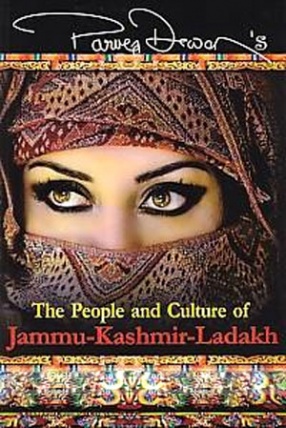
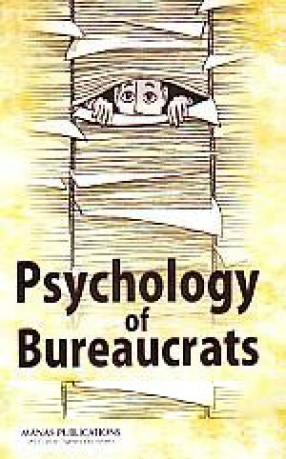
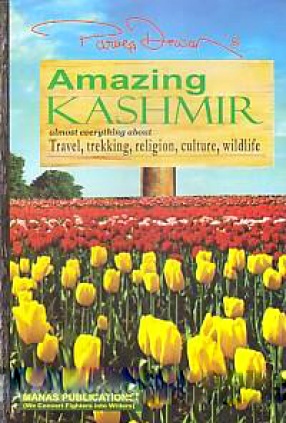
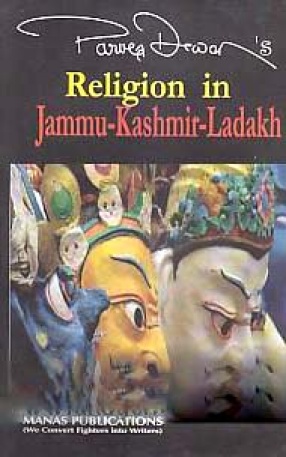
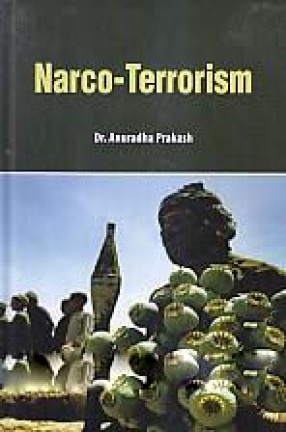

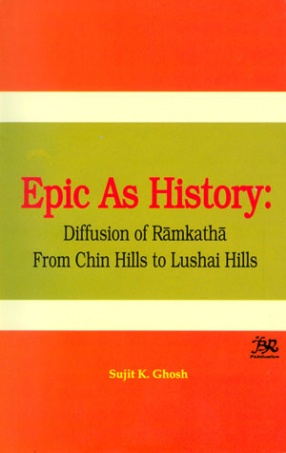
There are no reviews yet.